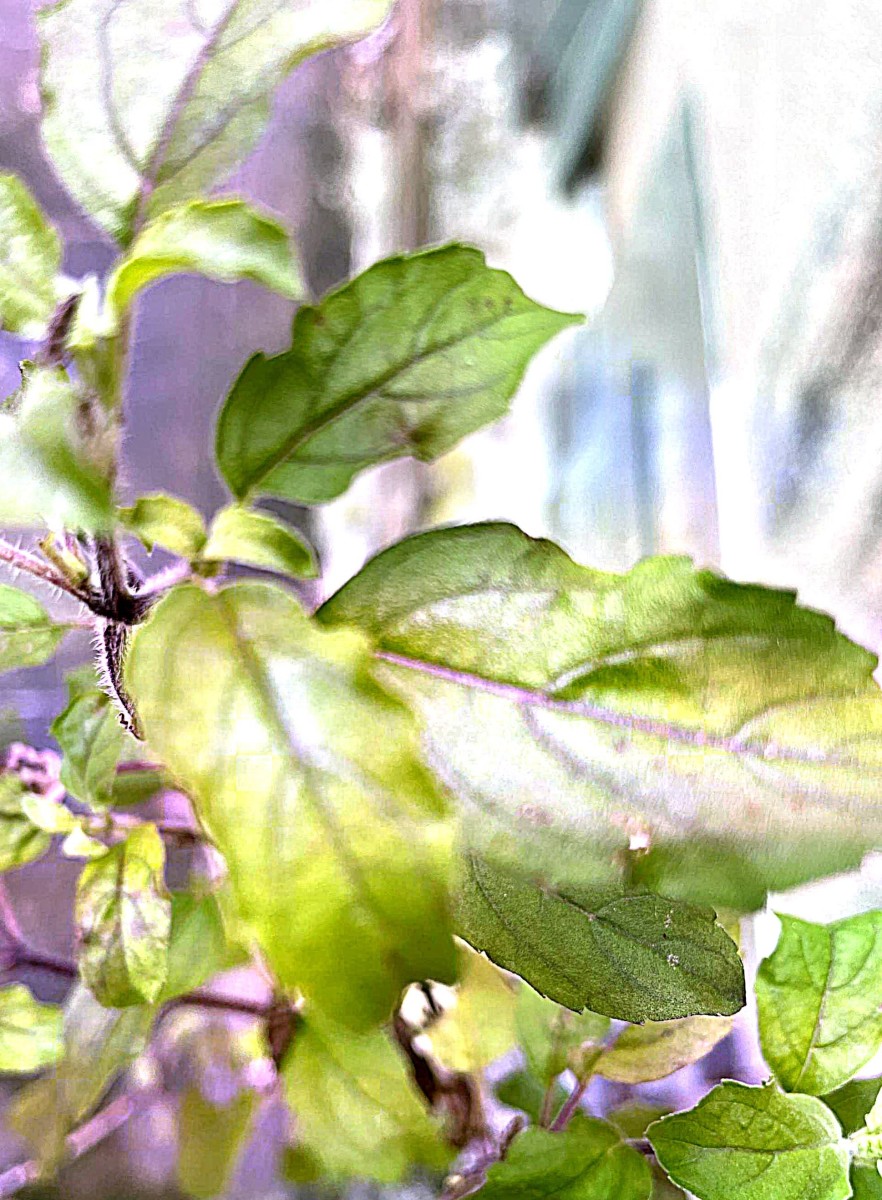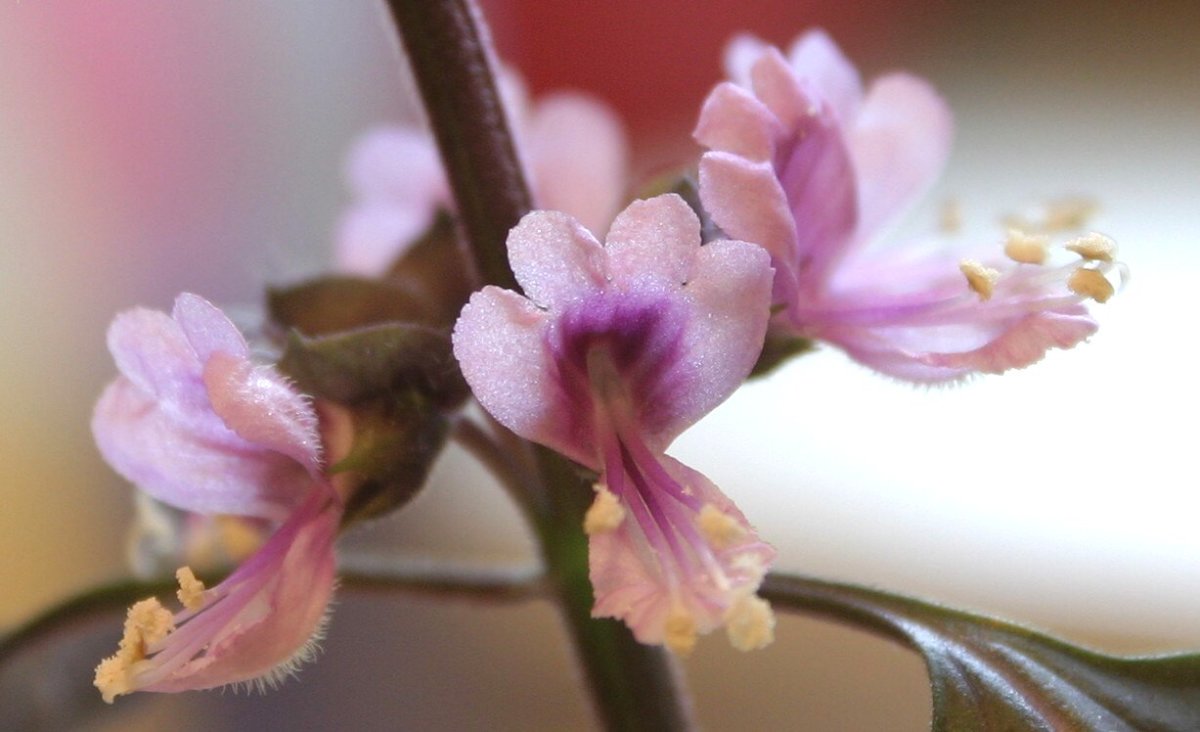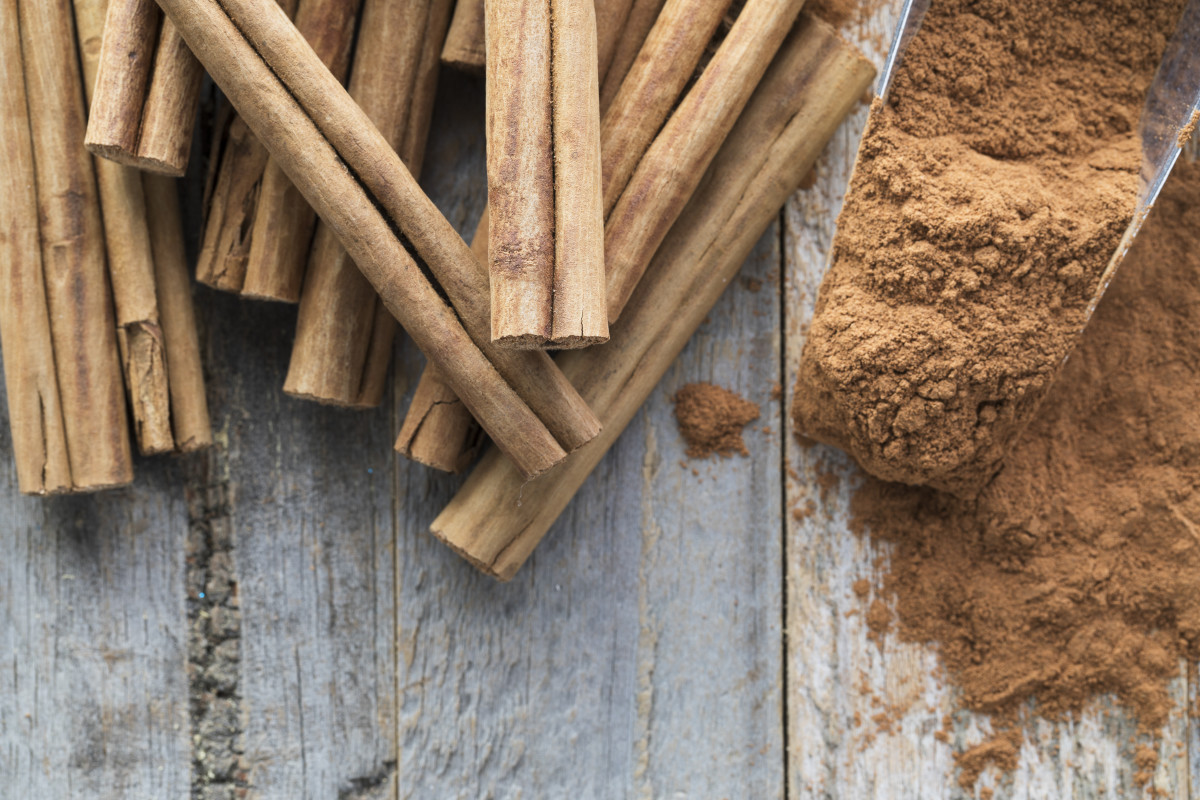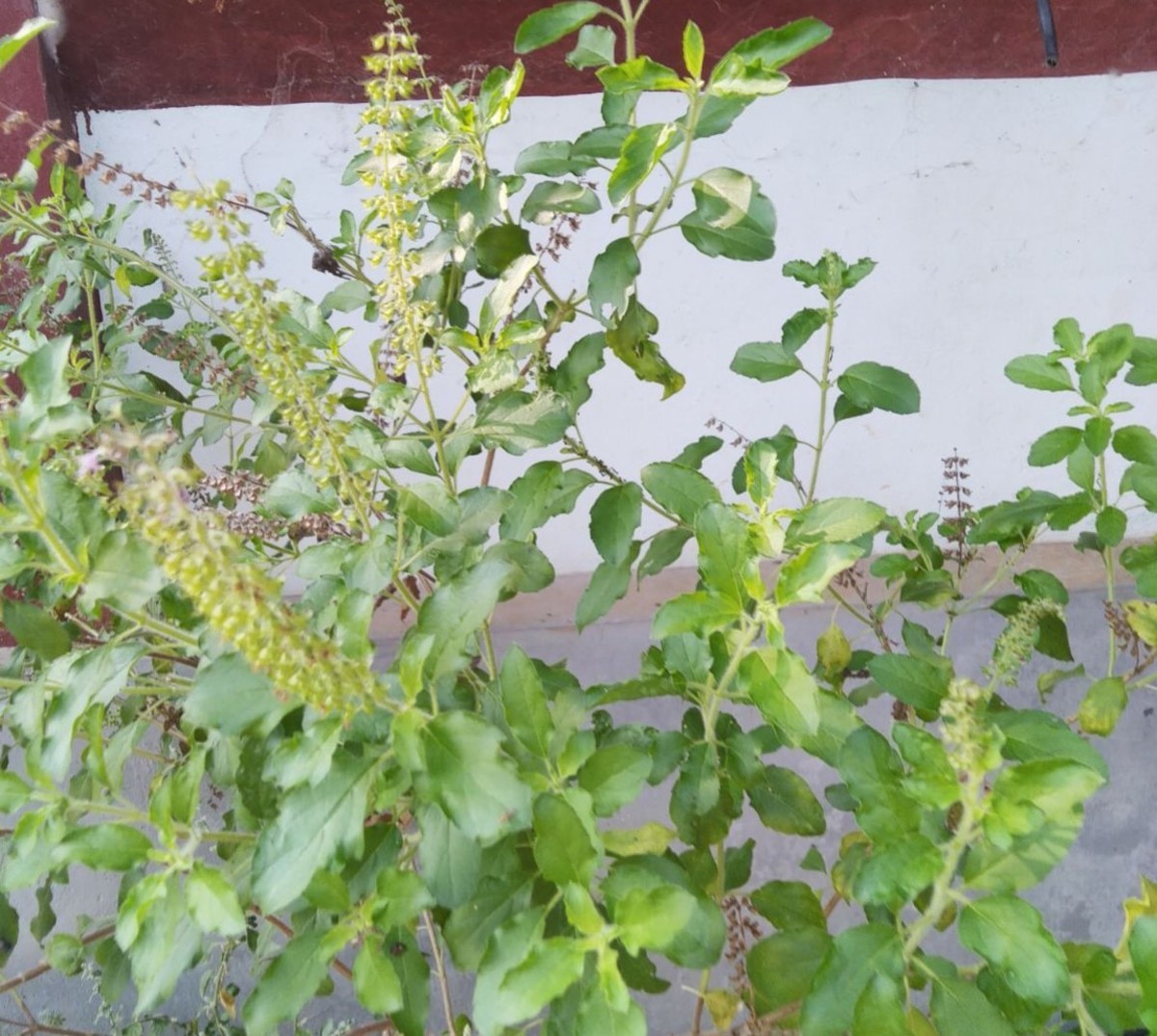Health Benefits of Tulsi Plant
What is the importance of Tulsi (Basil)?
Tulsi is a sacred plant with several health benefits. Tulsi is also called as Holy Basil. This sacred herb is planted in almost all the houses in India and worshipped from time immemorial. It is widely known in South Asian countries and used for religious and medicinal purpose. Tulsi has been used for thousands of years in Ayurveda for its many healing properties. Tulsi is grown abundantly in India. Indian climate is suitable for the growth of this holy plant.
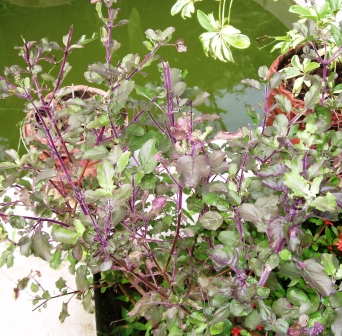
What is Tulsi?
The scientific name of Tulsi is Ocimum tenuiflorum. Tulsi is also known as Basil. It is a native of India. There are three varieties of Tulsi - Rama Tulsi (Ocimum sanctum), Krishna Tulsi (Ocimum sanctum) and Vana Tulsi (Ocimum gratissimum). Each has its own distinctive taste. Tulsi contains hundreds of beneficial compounds known as phyto-chemicals and possess strong antioxidant, antibacterial, antiviral, adaptogenic, and immune-enhancing properties. Hindus see Tulsi as goddess for the many spiritual and medicinal properties.
Top 9 Health Benefits of Tulsi (Basil)
Tulsi is useful in the following cases -
1. Treating respiratory disorders -
Tulsi is very helpful in treating various respiratory disorders like fever, cold, sore throat and cough. Tulasi is an important ingredient in the preparation of many Ayurvedic cough syrups and expectorants. Chewing few Tulsi leaves is very good during these conditions. Tulsi decoction with cardamom powder mixed, given every 2-3 hours, is also helpful to bring down feverPrevents Malaria and Dengue fevers
2. Stress reliever -
Tulsi is highly useful in soothing the nerves and reducing blood pressure. By chewing about 10-12 Basil leaves daily, stress can be kept away to a certain extent.
3. Kidney stones
Tulsi is beneficial in regulating uric acid level in our body, thus reducing the risk of kidney stones.
4. Stomach disorders -
Tulsi is an easy remedy for treating stomach problems like flatulence, acidity and constipation.
5. Mouth ulcers-
Just by chewing some Tulasi leaves helps to heal mouth ulcers.
6. Teeth protection -
To maintain healthy teeth, the leaves dried in the sun and powdered and used for brushing the teeth is helpful.
7. Source of Vitamin K
Tulsi is a great source of Vitamin K which is essential for bone health and heart health, and helpful in the maintenance of brain function.
8. Protects against Diabetes
Studies show that Tulsi can reduce blood sugar levels and correct abnormal lipid profile.
9. Helpful in relieving headache -
A paste of Tulsi and sandalwood applied on the forehead to get instant relief from headache. A decoction of the leaves can be given for this disorder.
Other Health Benefits of Tulsi
Apart from the above uses, Tulsi is helpful in other conditions also.
- Treats skin disorders - Tulasi juice is beneficial in the treatment of ringworm and other skin diseases. Applying a paste of Tulsi and Aloe vera over the affected area brings quick results.
- Tulsi helps in the treatment of Malaria, Dengue fever and Swine flu.
- Fights against cancer - The Anti-carcinogenic agents of Tulsi helps to help fight against cancer.
- Treating insect bites - Tulsi is useful. A teaspoonful of the juice of the leaves is taken and is repeated after a few hours. Along with, applying fresh juice to the affected parts is helpful.
Leaves, seeds and roots of Tulasi are used for medicinal purposes.
Properties of Tulsi
Tulsi has antibiotic, anti-viral, anti-bacterial, and anti-carcinogenic properties.
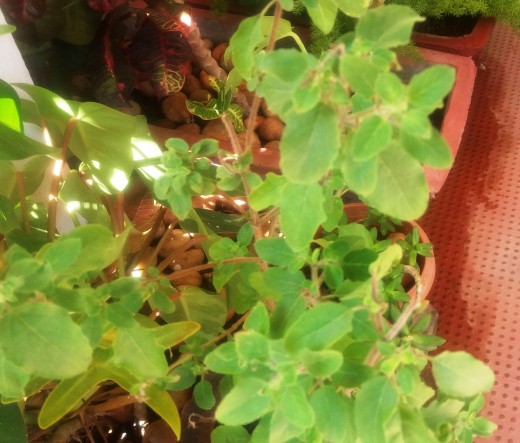
Tulsi Tea (Basil Tea)
Tea is made from this holy herb, which is useful for many health problems. It has a good taste and can be consumed as hot or cold.
How is Tulsi tea made?
Tulsi tea can be made just like the way we make black tea. When the water is gently boiled add tulsi leaves, cover the lid, boil it in slow fire for 2 minutes, and then remove it from the fire. If you want you can add few drops of lemon juice into it, and strain it and drink.
Tulasi tea contains rich antioxidant and adaptogenic properties that promote wellness and longevity. These powerful antioxidants protect your body from disease by neutralizing free radicals that can harm your cells and tissues.
Drinking Tulsi tea is also claimed to rejuvenate the soul by balancing metabolism, building stamina and promoting mental clarity. Tulsi is caffeine free like other herbal infusions and contains vitamins A and C, calcium, zinc, iron and chlorophyll.
Tulsi leaf Benefits
Have you used Tulsi leaves?
If you have used Tulsi (Basil) leaves any time what was your experience?
Do you grow this medicinal plant at home?
Please don't hesitate to share your experience in the comment column.
References
http://food.ndtv.com/food-drinks/18-benefits-of-tulsi-facts-you-must-know-about-holy-basil-1239318
https://www.organicfacts.net/health-benefits/herbs-and-spices/health-benefits-of-holy-basil-tulsi.html
http://www.livestrong.com/article/199889-importance-of-the-medicinal-plant-tulsi/
https://us.organicindia.com/products/tulsi-benefits-and-history
DISCLAIMER:
The information provided in this hub is not a substitute for professional medical advice. Please consult your physician, or health care provider before taking any home remedies.

